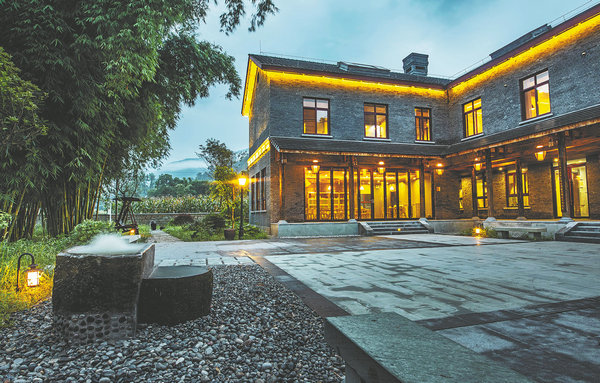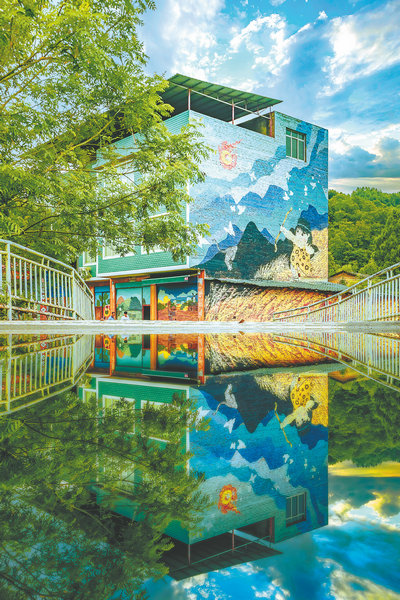Homemade renaissance


"I've seen how infrastructure has improved in the village, with the new wide tar roads, the bright solar lamps on the main paths, and the increasingly strong artistic vibe in the neighborhood," Huang says.
In 2022, Bicheng was named a provincial model for rural vitalization by local government.
"We've been approached by many regions hoping to apply the Baima model," Xiang says.
At the moment, Yaoli village of Huzhou city, in Zhejiang province, has adopted the development approach of Bicheng, and Huang is taking charge of overall operations.
Recently, the project has been accredited by the UNESCO as a teaching site for creative sustainable village development, which Xiang believes will help draw in more talent, boost international communications in rural development and contribute to Bicheng's development.

The goal is to activate rural resources with the contemporary concept of cultural creativity, explore new models of cultural and creative rural construction, thus awakening the dormant Chinese rural civilization, Xiang says.
"The essence of Chinese culture lies in its rural genes. The construction of rural culture should not be confined to external symbols but delve into the internal power of the rural genes, promoting public identification with the countryside culture in the digital society," Xiang says.
The countryside should not linger in the homesickness of children reminiscing about the past but should rely on its uniqueness to drive the future development of human civilization, he adds.

































